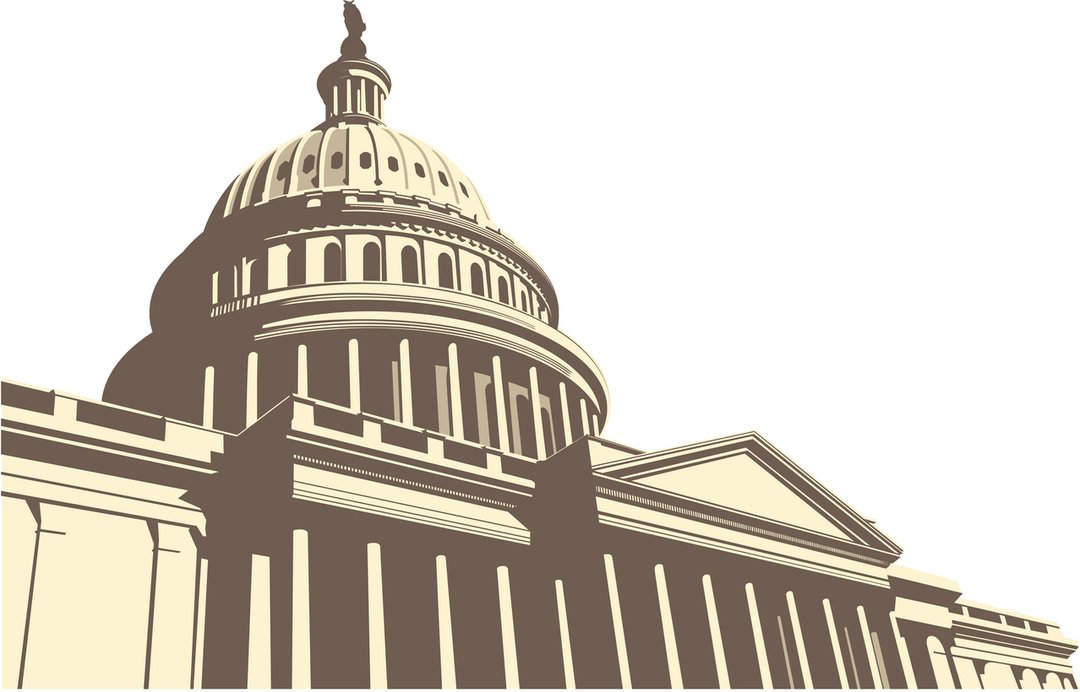
By Kenneth Corbin
Dec. 14, 2022
A bipartisan group of lawmakers in the House and Senate has introduced a bill that would expand access to a retirement plan for tens of millions of workers—including gig workers and contractors—in an aim to address the shortfall in savings among many lower-income Americans.

iStock-165603008.jpg
The Retirement Savings for Americans Act would establish a federal retirement fund administered by the Treasury Department and make it available to employers that don't offer a workplace retirement plan.
"Roughly 40 million Americans lack access to an employer-sponsored retirement plan, which represents a significant roadblock to achieving financial security for their retirement," Sen. Thom Tillis (R., N.C.), one of the bill's sponsors, said in a statement. "The Retirement Savings for Americans Act tackles this real problem by establishing a pathway for savings for Americans lacking retirement options."
Joining Tillis in backing the bill in the Senate is Colorado Democrat John Hickenlooper, as well as Reps. Lloyd Smucker (R., Pa.) and Terri Sewell (D., Ala.) in the House.
The lawmakers are hoping to advance the bill in the next Congress, with Smucker saying they aim to build "upon the successes of Secure 2.0 to help Americans become financially secure in their retirements," referring to a major piece of retirement legislation backers are trying to pass before the end of the year.
That means that for some industry groups, the new bill isn't yet on their radar. "Right now, we're 100% focused on Secure 2.0 and getting that passed before Congress adjourns," said Dan Zielinski, a spokesman for the Insured Retirement Institute.
Major provisions of Secure 2.0 include raising the age for required minimum distributions and expanding access for part-time workers to workplace 401(k) plans. One lobbyist involved in trying to get that measure included in the omnibus spending package to fund the government said he believes that effort "has a good shot at succeeding."
In targeting many Americans' lack of access to workplace-sponsored plans, the Retirement Savings for Americans Act would tackle a retirement security question that many state governments have been addressing.
Sixteen states and two cities have adopted some kind of workplace-retirement initiative, most of which involve a mandate that employers offer some kind of qualified plan—either a private plan or a state-administered option, according to the Center for Retirement Initiatives at Georgetown University, which tracks those programs.
The new federal proposal would invite employers to participate, setting an automatic contribution of 3% of an employee's income and allowing them to scale that level up or down. Lower-income workers would be eligible for an automatic 1% match, and up to 4% matching offered through a refundable tax credit. Government matching would phase down for higher-earning workers.
Backers of the bill are likening the investment aspect of it to the government's Thrift Savings Plan for federal workers. "[P]articipants would be given a menu of simple, low-fee investment options to choose from, including life-cycle funds tied to a worker's estimated retirement date, or index funds made of stocks and bonds," according to a news release announcing the bill's introduction.
Accounts would be portable and remain connected to workers throughout their lifetimes.
That raises the prospect that the retirement accounts could function as starter accounts that eventually migrate over to an investment advisor, according to David Stone, CEO of RetireOne, a firm that works with advisors to incorporate retirement-income products into clients' holdings.
"There could be over time as accounts grow opportunities for advisors to help these employees with the investment solutions in the account," Stone said.
Broadly he welcomes the legislation for seeking to address a significant public-policy challenge and notes that the bill debuts with sponsors from both parties. Whether they will be able to overcome the suspicion that accompanies any substantial new government spending program is an open question.
"Clearly there's no denying that people are not saving enough for retirement and Social Security isn't sufficient," Stone said. "It seems like there's bipartisan support for this. The only negative here is it seems like the government is going to be subsidizing these accounts."
Write to advisor.editors@barrons.com
This Barron's article was legally licensed by AdvisorStream.
Copyright 2022 Dow Jones & Company, Inc. All Rights Reserved.



